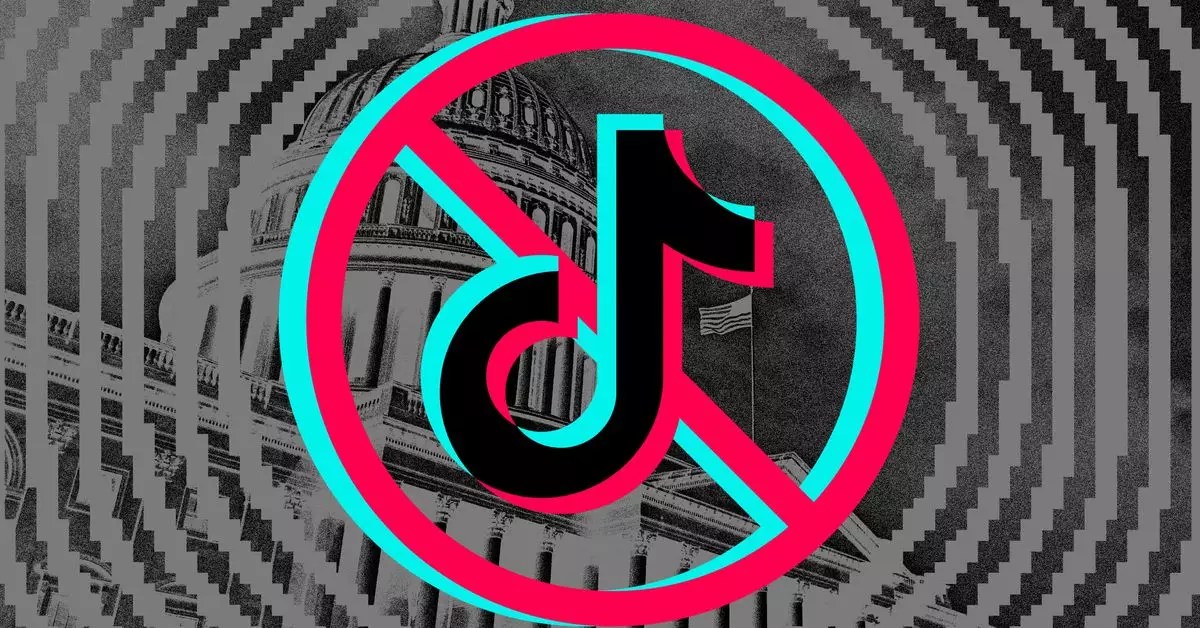In a bold move, eight TikTok creators have decided to take legal action against a law that would spell doom for the popular app unless its Chinese parent company is forced to divest it. These creators argue that such a ban would not only rob them of their source of income but also stifle their creative expression. This lawsuit mirrors the one filed by TikTok itself, relying heavily on First Amendment arguments and downplaying lawmakers’ concerns over the app’s security risks. The creators’ main focus is on how the potential loss of TikTok would impact their ability to communicate and connect with their audience.
The creators involved in the lawsuit, such as rancher Brian Firebaugh, book reviewer Talia Cadet, and college football coach Timothy Martin, emphasize that TikTok holds a special place among social media platforms. They argue that TikTok’s recommendation algorithm, along with features like green screen and duet capabilities, set it apart from its competitors. The creators believe that TikTok’s unique culture and identity make it an invaluable tool for their self-expression, claiming that the platform offers them a level of creative freedom that is unmatched elsewhere.
One of the key concerns raised by the creators is the fear that an ownership change could drastically alter the TikTok experience, similar to what happened when Elon Musk took over Twitter and rebranded it as X. They worry that a new owner might not uphold TikTok’s current editorial practices, resulting in a significant shift in the type of content that is promoted on the platform. This, in turn, would make it difficult for creators to reach their audience and express themselves as effectively as they currently do on TikTok.
At the heart of the lawsuit is the creators’ fight for freedom of expression. They argue that creating videos on TikTok is a unique form of self-expression that cannot be replicated on other platforms. Despite the creators’ presence on platforms like Facebook and Instagram, they claim that TikTok offers them a level of engagement and visibility that is unparalleled. By challenging the forced divestment law on constitutional grounds, the creators hope to protect their right to express themselves freely and creatively on TikTok.
The case has been filed in the federal Court of Appeals in DC, where challenges to the forced divestment law are handled. The creators are seeking a declaration that the law is unconstitutional and are requesting an injunction to prevent its enforcement. While the court is likely to take the First Amendment arguments seriously, the creators will need to convince the court that their right to free expression outweighs the national security concerns that led to the passage of the law. The outcome of this legal battle could have far-reaching implications for the future of TikTok and its community of creators.


Leave a Reply